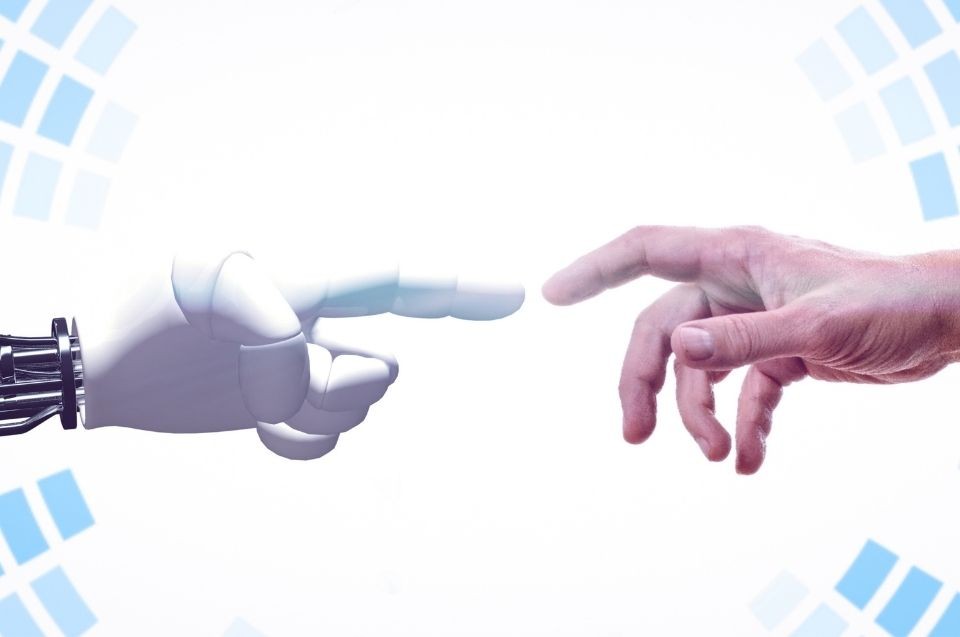
Hotels rely on robotics to improve processes and customer experience
According to a study by the Hotel Technology Institute (ITH), co-financed by the Ministry of Industry, Trade and Tourism, hoteliers value very favorably the capacity that robotics offers in obtaining data, automating processes, reducing operating times and reducing costs as the most important, according to a study.
The report of the Hotel Technological Institute (ITH) is co-financed by the Innovative Business Groupings programme of the General Directorate of Industry and Small and Medium Enterprises (DGPYME) of the Spanish Ministry of Industry, Trade and Tourism.
According to the ITH, the help of collaborative robotics and automation in many business processes can make companies more competitive, thanks to the weight they unload to human work teams where they do not provide a special value.
The study has been carried out in three phases. The first, an analysis of what robotics as we know it today brings. The second, an extensive survey and face-to-face meetings with hoteliers on the processes in which this technology is ready to be implemented and prioritized.
Finally, it includes a pilot phase in the Only You Hotel Atocha, with the implementation of a robot in its facilities of the company Futura Vive Technologies. The objective is to corroborate with data some of the statements of the previous phases, both in operational management processes and in processes that have to do with direct customer or guest service.
The experience will try to test the public acceptance of robotics in hotels, measure the interactions of the same, as well as its positive impact on the customer experience, check the usefulness of a robot as an information point, verify its ability to use biometric parameters, collect leads or records and measure the possibility of generating cross-selling.
Among the most important conclusions of this study are the following:
- 94.7% of the surveyed hotels consider that the efficiency of the processes would increase considerably if they were automated.
- The operational processes where the hotel is most interested in measuring are customer satisfaction, followed by the conversion of information into sales, with capacity control in third place due to the current circumstances of restrictions.
- Hoteliers value very favourably the capacity that robotics offers in data collection, process automation, operation time reduction and cost reduction as the most important.
- The areas where there is greater operational complexity are cleaning and floors, catering and reception.
- In the reception area, the administrative processes of check-in and check-out, together with the quality questionnaires, become very important in terms of the possibility of being robotized. However, the hotelier clarifies that as a help and not as a replacement for receptionists.
- In the area of guest experience , the importance of robotics in conducting satisfaction surveys is highlighted. Reservations of services inside or outside the hotel, cross-selling and assisting the receptionist during the customer’s wait in order to avoid queues and reduce waiting times.
- In the area of cleaning and floors , special emphasis is given to help in transporting the cleaner’s trolley or laundry trolleys, as well as the use of robots to help make beds and the use of machine vision to check rooms. The cleanliness of the air and the logistics of the office organisation become more important than the disinfection and cleaning of rooms.
- In the food and beverage area, there is a perceived need for robotics in processes such as charging and menu display. In the interviews, the hotelier transmits that the processes in which the waiter intervenes at the time of proximity to the client, recommendation, logistics of the output of the dishes from the kitchen, etc, create certain doubts about how a robot would interact.
- In the area of events and meeting rooms, robotics can be useful to a greater extent in the control of capacity and safety distances and other safety measures related to the use of masks in places where it is mandatory. We should not rule out its help in the registration and control of access to events, as well as the capture of attendee data and as a point of information on the events of each room, schedules, capacity, etc..
- In the common areas there is a lot of interest in robotics, such as access management and capacity control, even using biometrics, without neglecting the value it offers as a point of information and customer service, as it allows mobility and the use of the robot in a versatile way in any space of the hotel.
